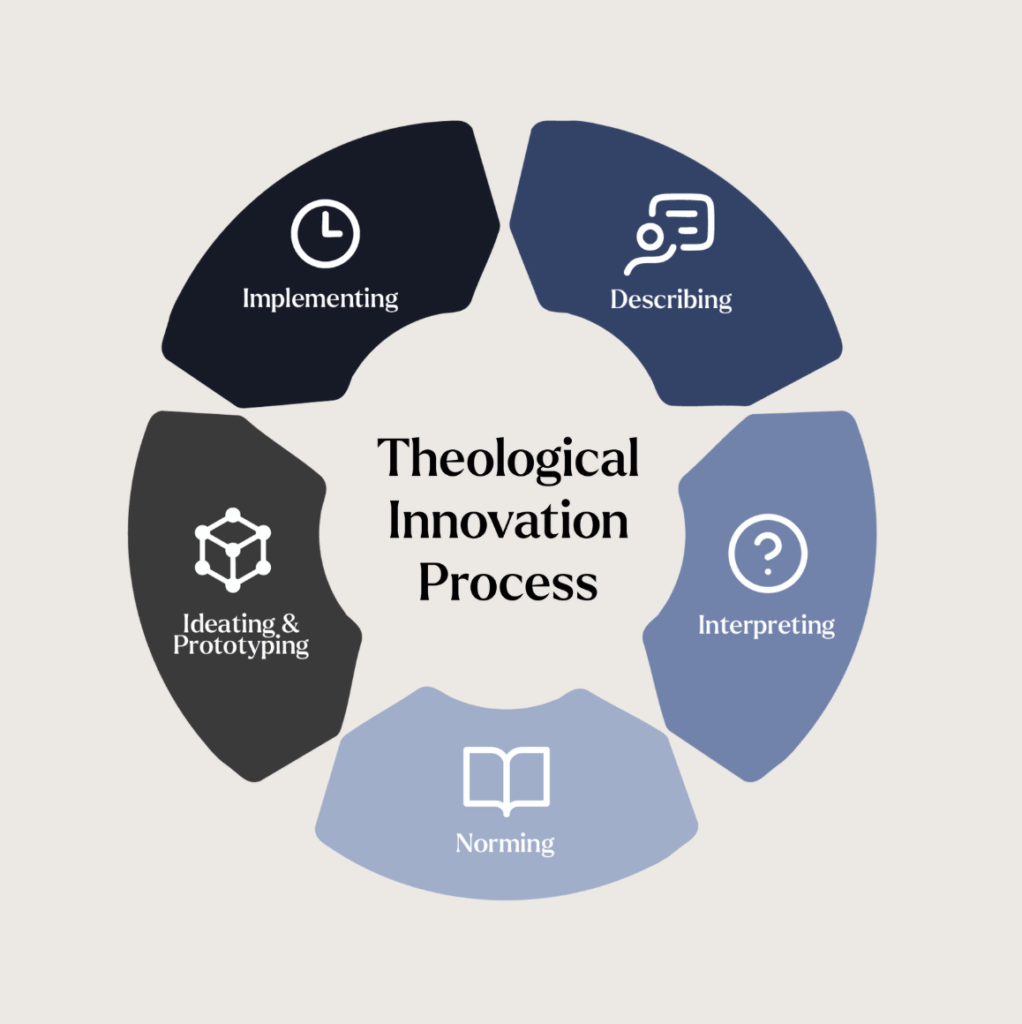
As the ministry New Year begins this fall, faith communities around the country – regardless of denomination or geography – are observing a common trend: People across age groups and incomes identify overwhelming stress and isolation as major challenges they face in daily life.
It’s impacting people of all life stages: teenagers navigating middle and high school, young adults on the precipice of major life decisions, parents in the daily grind of raising young kids, and retired adults looking for a new sense of purpose.
As people of faith, we know stress and isolation is not what God desires for anyone.
The Church should have something to say about this trend, but how a faith community responds must be rooted in their context’s unique needs.
So how can your faith community make more intentional decisions about the ministries created in response to the needs in front of you?
Faith communities need a framework for understanding more deeply what’s going on in people’s lives in your context. You must also explore why it’s happening, what God might desire for people and the community instead, and what kinds of ministry could make a difference. The goal is for God to transform lives and communities. The Ministry Leadership Center’s Theological Innovation Process does just that.
The process unfolds in five phases, with guiding questions for each.
Through the process, the Holy Spirit can lead faith communities to make big and small changes to how they are in ministry in their contexts.
South End United Methodist Church in Nashville is launching a new ministry directed toward parents of young children who work remotely in their community. This ministry was developed as a result of their journey through the Theological Innovation Process.
By conducting community interviews and research in Phase 1, they learned that parents with children at home are stressed, overwhelmed, and longing for an authentic community. They are also in need of childcare after their kids get out of daycare or preschool in the mid-afternoons.
In response, South End is transforming part of their facility into a co-working space for a few hours in the weekday afternoons. As a result, parents can finish their workday in peace and build relationships with other people experiencing similar challenges. Additionally, they are providing childcare, which offers increased income to the staff at the church’s on-site preschool.
They’re calling the experiment The Commons at South End, and the hope is to assure parents that they aren’t alone in their challenges.
Even more than solving a logistical need, they’re helping parents feel seen and beloved by God and their community.
That’s an outcome that has the potential to transform lives.
Launching a brand new ministry might sound intimidating. But the Theological Innovation Process can also lead to incremental changes to a faith community’s existing programming.
Regardless of the degree of change within a faith community, it’s all good and holy work if it’s led by the Spirit.
By listening to what’s going on in the lives of people within a community, faith communities might uncover that subtle shifts in how they are in ministry could make a big difference.
The process might lead to a realization that the structure of a program needs to change to be more accessible for participants. Or it might reveal the need to make logistical changes to details like the start time, duration, location, or leadership style of a particular ministry.
The Theological Innovation Process is a proven framework for faith communities to adapt existing programming or launch something new in your ministry. The goal is a mission-oriented, strengths-based, and transformational ministry for people in your community. Get an introduction to the process by registering for our FREE webinar, “Faithful Imagination: Developing Ministries that Thrive.”


Subscribe to receive a monthly roundup of fresh insights and free tools for senior ministry leaders.